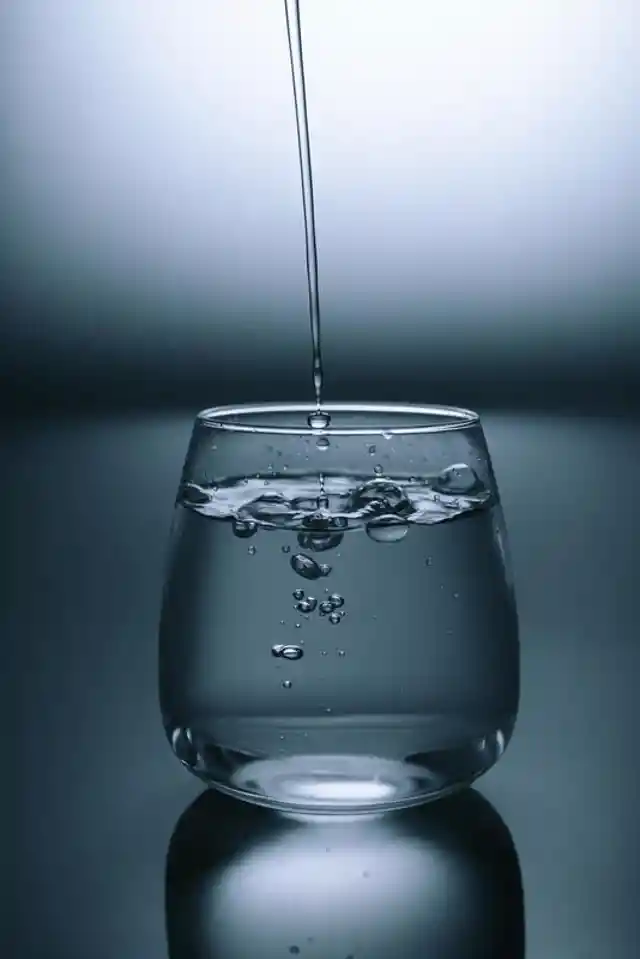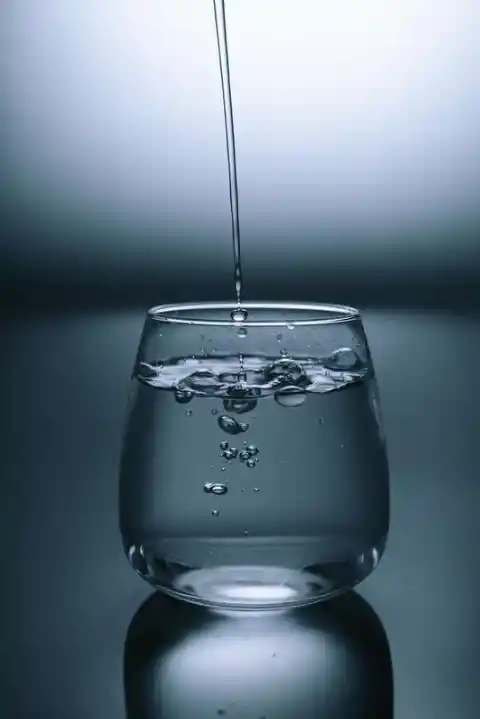It's a common belief that we should drink at least two liters of water a day to stay hydrated, but new research from the University of Aberdeen suggests that this may not be entirely accurate. Scientists surveyed 5,604 people from 23 different countries, ranging in age from 8 days old to 96 years old, to study how much water the human body actually needs. The study involved participants drinking water that had stable isotopes of deuterium substituted for some hydrogen molecules, allowing researchers to track the body's water turnover rate.


The results showed that people with high turnover rates, such as those living in hot climates and pregnant or nursing mothers, required more water. On average, men aged 20 to 35 had a daily turnover of 4.2 liters, which decreased with age, while women in the same age range had a turnover of 3.3 liters, also decreasing with age. However, Professor John Speakman of the University of Aberdeen pointed out that the amount of water an individual needs to drink is determined by the difference between their total water intake and the amount of water they get from their food. It's worth noting that about 15% of water turnover comes from water produced through metabolism and surface water exchange.


Previous studies on water intake have relied on people's reported dietary habits to estimate their water needs, but Professor Speakman notes that these estimates may be off because people often underreport their food intake. Based on the findings of this study, the average daily water intake needed is closer to 3.6 liters. It's important to remember that many foods also contain water, so eating a varied diet can contribute significantly to our hydration levels. This research shows that there isn't a "one size fits all" approach to water intake and that individual needs can vary widely.